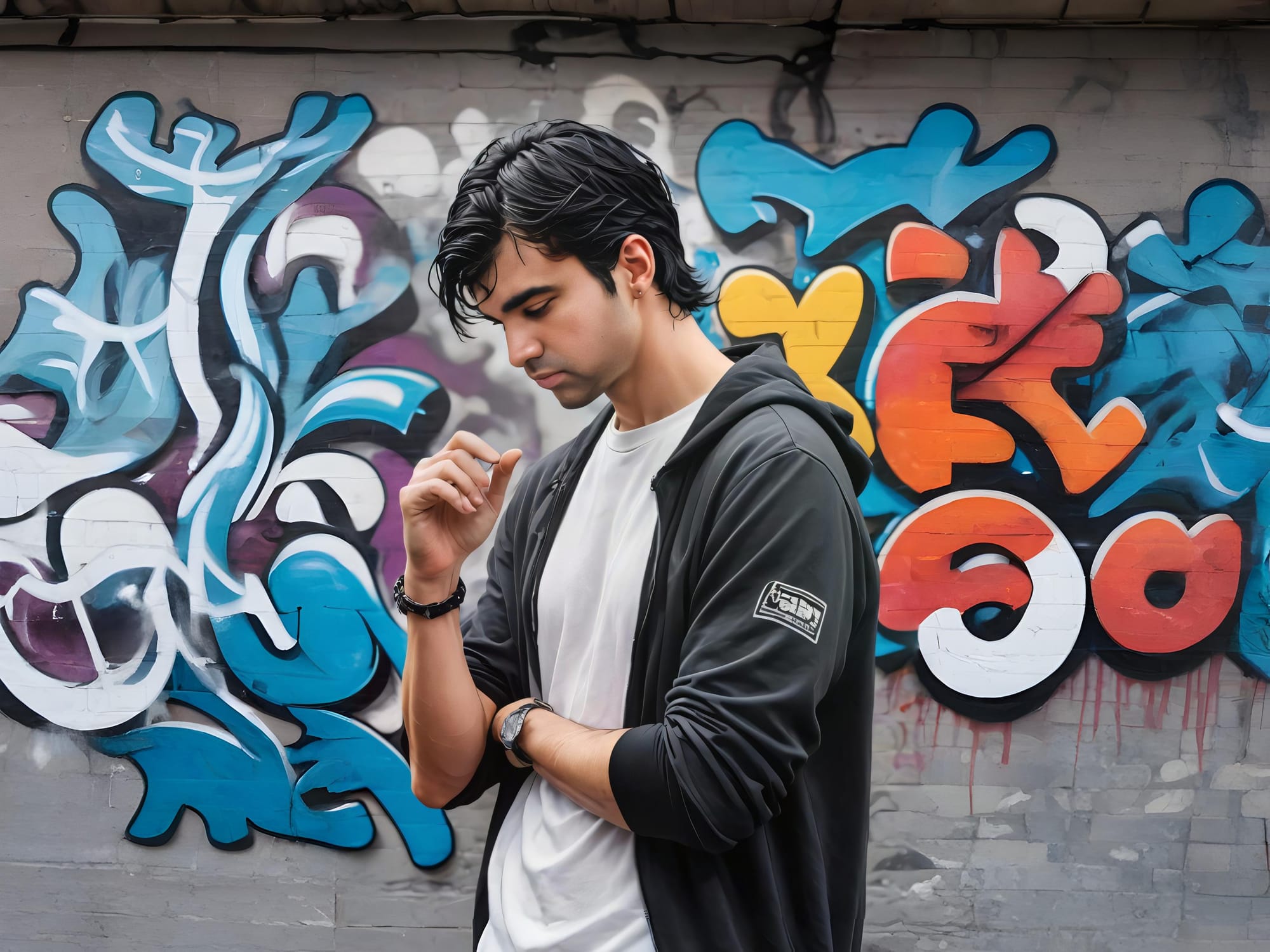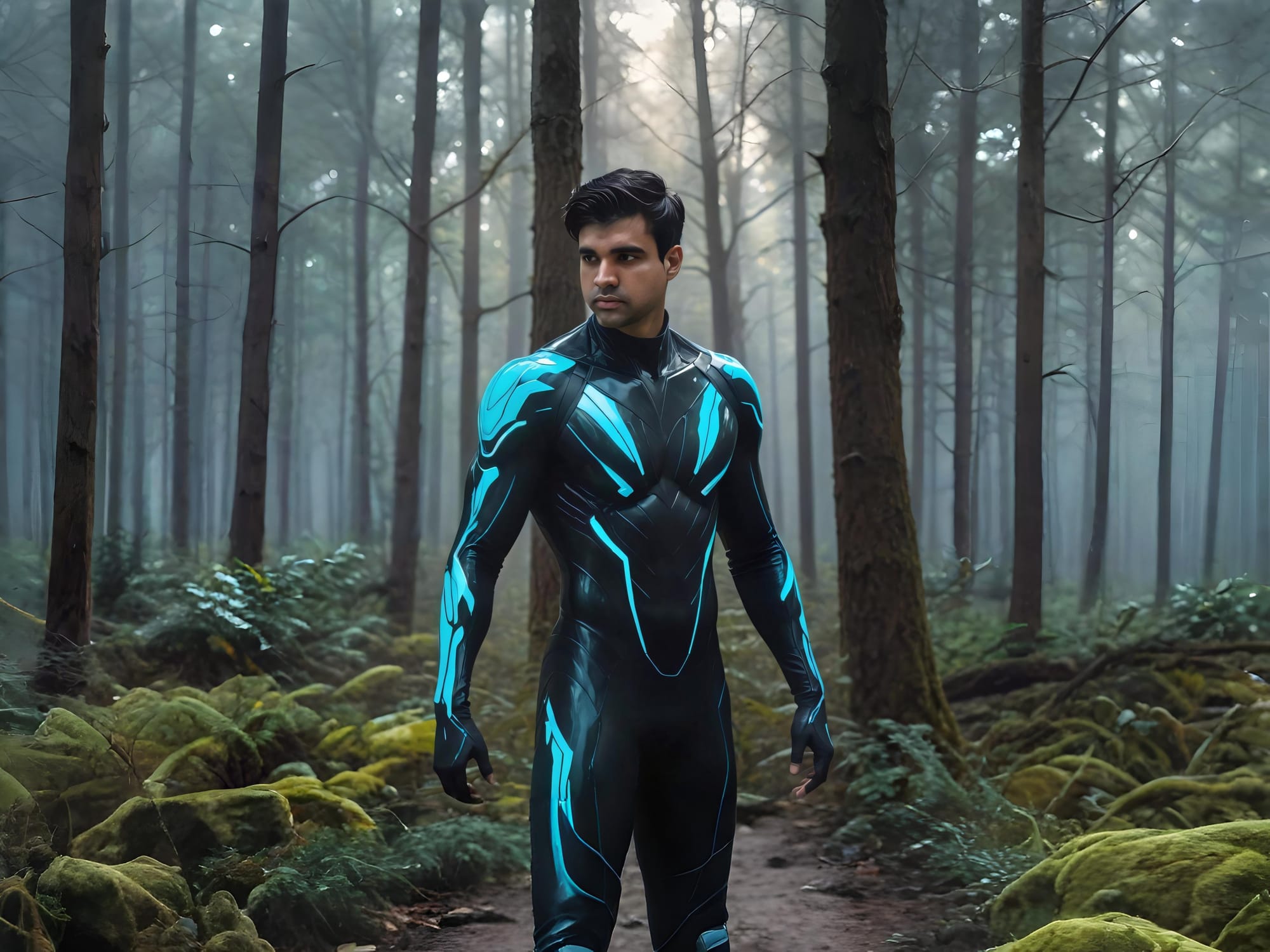Time-Travel Tourism: A snapshot
Explore a future where time-travel tourism lets us visit and interact with history.

Imagine a world where, instead of scrolling through social media or binge-watching the latest series, you could step into a time machine and visit pivotal moments in human history. As a digital marketing legend and a visionary exploring futuristic technologies, the idea of time-travel tourism has captured my imagination. In this brave new world, we could traverse the ages, interact with historical figures, and witness the events that have shaped our existence. Let’s delve into this tantalizing concept and explore its potential, challenges, and implications.
The Dawn of Time-Travel Tourism
Time-travel tourism may sound like science fiction, but what if I told you that advancements in quantum physics and multidimensional theories might one day make it possible? Picture yourself stepping into a sleek, compact time capsule, the hum of technology buzzing around you, as you prepare to launch into the past. The anticipation is palpable. Your destination? The bustling streets of ancient Rome, the signing of the Declaration of Independence, or perhaps the moon landing.
This isn’t merely about visiting historical sites; it’s about immersing ourselves in the very fabric of time. You could walk among the philosophers of Greece, debate with scholars of the Enlightenment, or even witness a moment that changed the course of history. Time-travel tourism promises to redefine our relationship with history itself.
A Glimpse into the Past
As I envision this future, the possibilities are endless. Imagine witnessing the construction of the Great Pyramid of Giza, feeling the grit of ancient sands between your toes as you gaze upon the awe-inspiring architecture being crafted by skilled hands. Or consider standing alongside Martin Luther King Jr. as he delivers his “I Have a Dream” speech, absorbing the powerful energy of hope and unity that envelops the crowd.
But it’s not just about observation. With time-travel tourism, we could engage with historical figures, ask them questions, and gain insights into their thoughts and motivations. How transformative would it be to converse with Leonardo da Vinci about his creative process or to discuss political strategy with Cleopatra?
The Educational Revolution
Time-travel tourism has the potential to revolutionize education. No longer would students be confined to textbooks and lectures; they could experience history in real-time. Imagine a history class where students are transported to pivotal moments, allowing them to absorb knowledge viscerally. The impact on learning would be profound.
Think about it: a child studying World War II could witness D-Day unfold before their eyes, understanding the weight of courage and sacrifice in a way that mere words cannot convey. Such experiences would foster empathy, critical thinking, and a deeper appreciation for the complexities of our past.
The Ethical Implications
However, the advent of time-travel tourism also brings forth a myriad of ethical dilemmas. If we could alter the past, would it be ethical to do so? What happens if a well-meaning tourist inadvertently disrupts a significant event? The ripple effects could be catastrophic, potentially altering the course of history as we know it.
Moreover, we must consider the implications of witnessing historical atrocities. Would it be right to experience the horrors of the Holocaust firsthand? While we may seek to understand and learn from history, some moments may be too painful to witness, even with the best intentions. Striking a balance between exploration and respect for the past will be paramount.
The Logistics of Time Travel
While the concept of time-travel tourism excites the imagination, it raises practical questions. How would these time capsules operate? Would they require vast energy sources, advanced AI, and quantum algorithms?
Picture a well-regulated system where travelers must undergo rigorous training to prepare for their journeys. This training would cover etiquette, the importance of non-interference, and the realities of historical contexts. Perhaps travelers would be equipped with wearable tech to enhance their experiences—think augmented reality glasses that overlay historical information and context as you explore.
The Future of Connection
As I ponder the potential of time-travel tourism, I see it as more than just an adventure. It represents a deeper connection to humanity. We often feel detached from our past, viewing it as a series of events rather than as a continuum of human experience. Time travel could bridge that gap, reminding us of our shared struggles, triumphs, and the lessons we must carry forward.
Envision communities forming around shared experiences in history. People could gather to discuss their adventures, exchange insights, and foster a collective understanding of who we are as a species. Time-travel tourism could nurture a sense of unity and empathy, emphasizing the threads that connect us all across time.
Conclusion: A Journey Worth Taking
In conclusion, the concept of time-travel tourism is not just a whimsical idea; it holds the promise of transforming our understanding of history and our place within it. It challenges us to confront ethical questions, embrace our shared humanity, and envision a future where learning is limitless.
If this exploration of time-travel tourism intrigues you and you want to delve deeper into the intersection of technology and society, I invite you to join me for one-on-one mentorship. Together, we can navigate the exciting possibilities of the future, shaping a world where innovation and understanding go hand in hand.
Click here to embark on this transformative journey with me!




